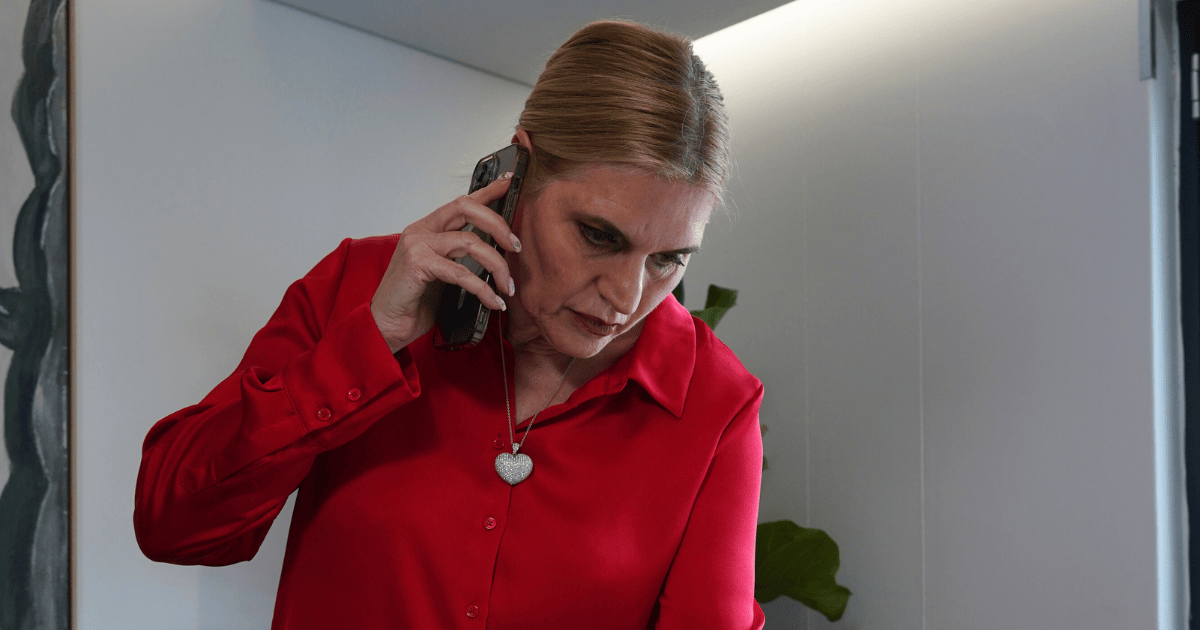South Africa is often referred to as the “Rainbow Nation,” a country rich in cultural diversity, with 11 official languages and numerous ethnic and cultural groups. From Zulu, Xhosa, and Sotho communities to Tswana, Venda, and Ndebele, each cultural group has unique traditions and practices that influence family life. Cultural norms often guide how children are cared for, which extended family members are involved, and expectations around guardianship.
With such diversity, it’s no surprise that child custody matters can be influenced by both cultural expectations and South African law. Custody disputes can involve not only biological parents but also grandparents, clan elders, or community leaders, depending on local practices. The challenge is to reconcile these traditions with the Children’s Act 38 of 2005, which ensures that the child’s best interests are always the priority.
The Best Interests of the Child: The Core Principle
In South Africa, the guiding principle for any child custody decision is the best interests of the child. Courts consider:
- Physical and emotional needs of the child
- Existing relationships with parents, siblings, and extended family
- Cultural, religious, and linguistic background
- Safety and stability of the home environment
Although cultural practices are important, they cannot override a child’s safety, health, and well-being. For example, a child’s access to education, healthcare, and emotional stability will always take precedence over traditional custody expectations.
How Cultural Practices Influence Custody Decisions
Cultural practices can play a significant role in custody arrangements, especially in provinces where specific cultural groups are predominant:
- KwaZulu-Natal: Zulu culture often involves extended family in child-rearing decisions.
- Eastern Cape: Xhosa traditions may include clan elders influencing guardianship.
- Limpopo and Mpumalanga: Venda, Tsonga, and Ndebele communities often consult traditional leaders on matters of childcare.
- Gauteng and Western Cape: Highly diverse urban regions with multiple cultures and languages, where blended practices may occur.
Understanding the 11 official languages – including Zulu, Xhosa, Afrikaans, English, Sepedi, Setswana, Sesotho, Xitsonga, siSwati, Tshivenda, and isiNdebele – an also be important for legal proceedings, especially when ensuring that children understand court processes or when interpreting agreements and court orders.
Legal Custody vs. Cultural Expectations
It is important to distinguish between legal custody and cultural expectations:
- Legal Custody: Determined by the court, this establishes who can make key decisions regarding the child’s welfare.
- Cultural Expectations: Traditions and customs may suggest different custodial arrangements.
Courts in South Africa may take cultural practices into account when drafting parenting plans, especially if both parents and extended families are cooperative. For example, including traditional rituals, extended family visits, or clan involvement can be part of a custody arrangement.
Mediation and Alternative Dispute Resolution
Mediation can help families reconcile cultural expectations with legal requirements. A mediator can:
- Facilitate culturally sensitive discussions between parents and extended family
- Suggest parenting plans that balance traditions with statutory requirements
- Reduce the need for adversarial court proceedings
Cultural considerations can be formally documented in parenting plans to avoid misunderstandings later on.
Cases Where Cultural Practices Conflict with the Law
The court may intervene if cultural expectations conflict with statutory protections:
- Restricting a child’s access to one parent or siblings based on tradition
- Placing a child in an unsafe environment due to cultural norms
- Limiting education or healthcare based on customary beliefs
In such cases, the Children’s Act 38 of 2005 takes precedence, prioritising the child’s welfare above all else.
Tips for Parents Navigating Cultural and Legal Issues
- Document agreements regarding cultural caregiving arrangements.
- Include agreed cultural routines in formal parenting plans.
- Seek guidance from a family law attorney experienced in cultural custody matters.
- Communicate openly with all parties, including extended family.
- Focus on the child’s best interests while respecting traditions where possible.
Why Work with Benita Ardenbaum Attorneys?
Our experienced team of family law attorneys in Durban, Cape Town, and Johannesburg can guide parents through custody matters that involve cultural practices. We provide:
- Legal advice and representation in custody disputes
- Assistance in drafting culturally sensitive parenting plans
- Support for court proceedings, mediation, and negotiation
By combining legal expertise with cultural awareness, we help families protect children’s interests while respecting valued traditions.
Balancing Law and Culture in Child Custody
South Africa’s rich diversity makes custody cases unique. While cultural practices are respected, the law ensures that the child’s welfare always comes first. With proper legal guidance, families can create arrangements that honour tradition while protecting children’s rights and well-being.
For guidance on child custody matters in culturally sensitive contexts, contact Benita Ardenbaum Attorneys. Our team is committed to supporting families and safeguarding children’s futures.
FAQs About Cultural Practices and Child Custody
Can courts enforce cultural custody arrangements?
Cultural practices are considered, but courts will always prioritise the child’s best interests.
How can I include cultural practices in a parenting plan?
Through mediation or consultation with a family law attorney, cultural routines can be formally included in the agreement.
What happens if cultural practices endanger a child?
The court will intervene to protect the child’s welfare.
Are same-sex couples recognised in custody decisions?
Yes. South African law treats same-sex couples equally, prioritising the child’s welfare.
Do I need a lawyer for cultural custody disputes?
Legal guidance ensures that agreements are both culturally respectful and legally compliant.






